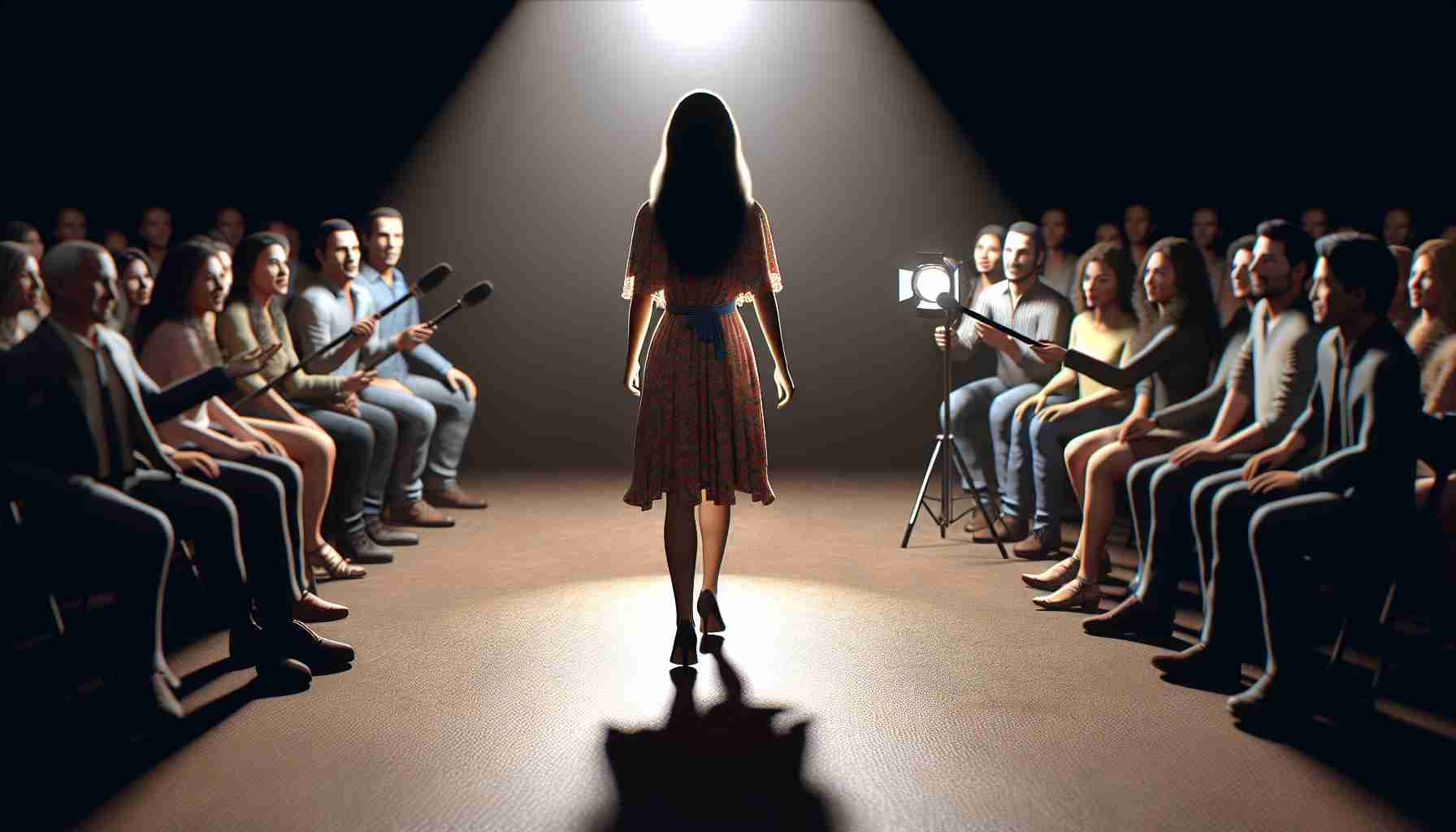Paola Olmedo’s Bold Reaction to Reality Show Romance
In a stunning turn of events, Paola Olmedo, the former wife of José María Almoguera, is thrust into the limelight following recent developments in the reality show “Gran Hermano Dúo.” The iconic house has welcomed the son of Carmen Borrego, who has sparked interest in fellow contestant María La Jerezana, leading to romantic moments like kissing.
Upon learning the news, Paola shared her thoughts with a reporter, revealing that she was unaware of the budding romance but expressed her feelings positively. She reinforced her emotional well-being, stating it was entirely understandable for José to explore new relationships, given their separation months prior.
Despite rumors circulating about her social life, including a sighting with another man at a nightclub, Paola clarified that she has not found love again. She emphasized that she is content with her current state and not actively searching for a partner.
Additionally, she humorously mentioned that she hasn’t congratulated Alejandra Rubio on the recent birth of her baby, acknowledging their lack of a relationship while adding a light-hearted touch to the situation.
Meanwhile, José María has adapted surprisingly well to his reality show environment, forming connections with his housemates, although his shyness has been noted by his mother, Carmen. She expressed her astonishment at his calm demeanor, contradicting her initial expectations.
The Larger Implications of Modern Reality TV Relationships
Reality television has profoundly reshaped societal perceptions of romance and personal relationships, illustrating a vivid intersection of culture, media, and interpersonal dynamics. The rise of programs like “Gran Hermano Dúo” not only entertains but also serves as a lens through which societal norms regarding love, separation, and emotional resilience are examined. As contestants navigate their romantic journeys in a public forum, they inadvertently ignite conversations about emotional well-being and the expectations placed on individuals post-breakup.
Culturally, these televised romances challenge traditional notions of courtship and commitment. People are increasingly viewing relationships through a transactional lens, influenced by the spectacle of public affection and heartbreak played out for millions. This phenomenon reflects a broader trend in which personal lives are commodified, fostering a culture where emotional experiences are often shared rather than kept private.
From an economic standpoint, this evolving landscape opens new avenues for monetization and advertising. Brands keenly aware of audience engagement leverage reality TV’s capacity to create psychological connections to promote their products. Moreover, the impact extends to social media, where the ripple effects of televised relationships fuel online discussions and drive viewer engagement, creating a robust digital economy around influencers and reality stars.
Looking ahead, the environmental effects of reality TV’s production—including its carbon footprint—pose questions about sustainability in entertainment. As demand for content continues to rise, will networks prioritize eco-friendly practices? The long-term significance of these questions remains pivotal as society grapples with the impact of media representations on our collective consciousness, emotional health, and environmental responsibility.
Paola Olmedo: Navigating Love and Reality TV with Poise
The Evolving Landscape of Reality Shows and Personal Lives
Paola Olmedo, once tied to José María Almoguera, finds herself at the center of attention again, prompted by developments in the reality show “Gran Hermano Dúo.” The show has stirred interest, especially with the entry of Carmen Borrego’s son into the mix. His flirtations with contestant María La Jerezana have not only captivated viewers but have also sparked conversations about relationships and personal growth within the confines of reality television.
Spotlight on Emotional Well-Being
In a recent encounter with the media, Paola shared her perspective on her former husband’s new romantic endeavors. While she was initially unaware of José María’s budding romance, she responded with commendable positivity, acknowledging his right to explore new connections after their separation. This highlights a growing trend where individuals from celebrity circles openly embrace emotional health and well-being, even amid public scrutiny.
Rumors and Reality: Paola’s Social Life
Despite rampant speculation regarding her dating life, including a noteworthy sighting at a nightclub, Paola emphasized her single status. She articulates a sense of contentment with her life, asserting that she is not actively seeking relationships. This candid approach resonates with a broader societal trend towards prioritizing personal happiness and self-fulfillment over societal expectations regarding romance.
Making Light of Family Dynamics
Paola’s light-hearted commentary on not congratulating Alejandra Rubio, a recent new mother, adds a humorous dimension to her public persona. This playful acknowledgment of their strained relationship showcases her ability to navigate familial and social complexities with charm.
José María’s Notable Transformation
José María Almoguera has been noted for his surprising adaptability within the “Gran Hermano Dúo” house. Despite initial concerns about his shyness, he has established connections with other housemates, prompting his mother, Carmen, to express admiration for his newfound tranquility. This adaptive behavior in a high-pressure environment can serve as an interesting case study on human resilience and the impact of social dynamics in reality television.
Conclusion: Insights into Reality TV and Personal Growth
The intersection of reality television and personal relationships provides a fertile ground for discussions surrounding emotional health, adaptability, and the human experience. As both Paola and José María navigate their respective journeys, they embody a contemporary narrative of growth, acceptance, and the multifaceted nature of love and personal identity in the public eye.
For more insights into reality television and celebrity culture, visit Reality TV World.
